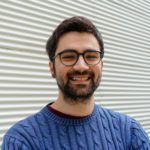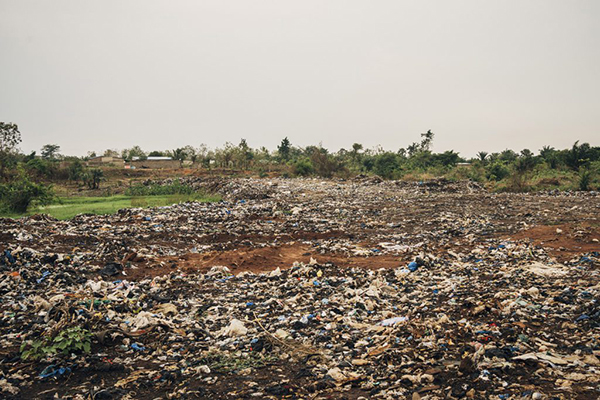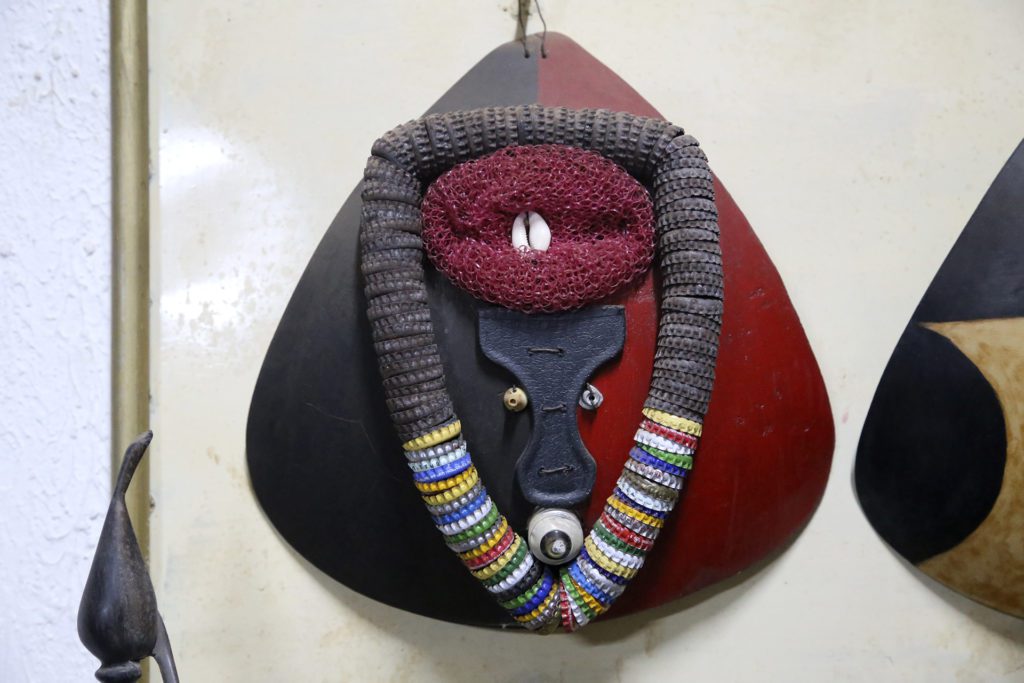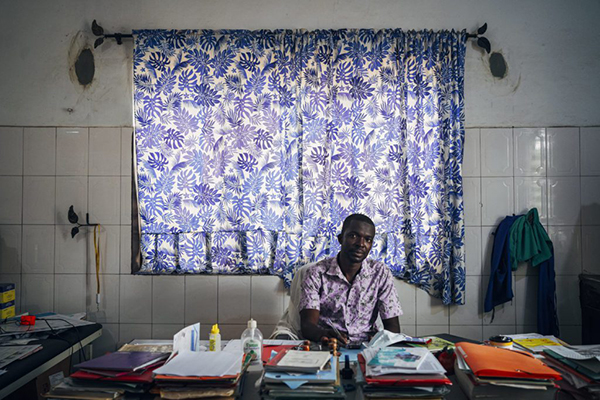While strengthening hospitals is a crucial part of reducing NTDs, education in schools is an essential tool in preventing new cases.
Ohiamanwu means “Poverty will not kill you”. The name of this community is inspiration to carry on in the face of the adversities of poverty. Ohiamanwu is a community near Mpohor in south-western Ghana, an endemic region for Neglected Tropical Diseases (NTDs) such as yaws, which mainly affects children under the age of 15.
Curing yaws is as easy as taking azithromycin, a common antibiotic found in any pharmacy, but in short supply in rural communities like this one. There are also other factors beyond treatment that can prevent this NTD. One of them is education and awareness-raising in schools.
Education on how to avoid contracting NTDs
Education is crucial for development. However, suffering from yaws or other NTDs can mean exclusion from education as well, a known fact in many schools in rural areas of countries such as Ghana. Families live in extreme poverty, where daily school attendance is practically a miracle: children are needed to help out in the fields, or to help sell in local markets to support the family’s bare subsistence. For girls, the onset of menstruation is often a factor that cuts short their education. Limited knowledge about it, poor education, and lack of hygiene measures mean that girls are forced to give up going to school every month when they are on their period, with the consequent delay that this implies.
Louis Ofore-attah is a teacher in Ohiamanwu and knows first-hand what NTDs are and how to prevent them. “It is very important for students to know the facts about NTDs. When a child gets one of these diseases, they blame it on minor gods in the community. But we now have to make them see that these things are not by divine designs”, he says. Louis has held specific talks for years to teach his students about what NTDs are and how to prevent them.
“When a child has been through the tragedy of an NTD it makes it hard for them to return to school, since their peers laugh at them. So many decide not to go back. And in some cases, these are very intelligent children, but because of this problem they decide not to go back. We have to go to their homes and talk to their parents, so that they let them come back to school”, he says.
Education versus superstition
Louis’ effort in the classroom once this happens is to inform the rest of the class that an NTD is something that can happen to anyone. “We tell them they could find themselves in the same situation, that they are not unique, extraordinary, special. And that they shouldn’t make fun of their classmates who are going through something like this. The teasing usually stops when they understand”, he says.
“We raise their awareness so that when one of these cases happens, we can refer them to the health centre”, he concludes. Ultimately, the idea is to take advantage of the fact that the students are able to attend these sessions together and that the children are the ones who can find out first-hand what is happening to them. These talks are supplemented, of course, by regular visits from health workers. The screening campaigns are conducted in the community itself, since many families live far from health centres, and some cannot afford essential medical services.
Breaking the cycle of poverty through learning
The challenge of learning will serve, as Louis explains, to break the cycle of poverty so that the new generations can finish their education and have other opportunities to earn an income. “Many families don’t have anyone who can read, illiteracy is deeply rooted, so they don’t usually pass the importance of completing the educational process on to their children so that they can be someone important in the future. We are educating parents so that they understand that teachers can be role models for their children”.
“Some parents make things difficult”, Louis admits. “For example, when we do the screening rounds, some religious families tell us they don’t participate because they don’t believe in it. So, what we do is invite the parents to talk to them. Some end up understanding and their children participate, but others don’t. It’s important to raise awareness among parents. It is also important to raise awareness among parents so that when a child suffers from an NTD they don’t attribute it to other beliefs”, he says.
At the Anesvad Foundation we promote NTD education and awareness programmes in schools such as the one Louis works at. Because a good education has an impact on better disease prevention.






